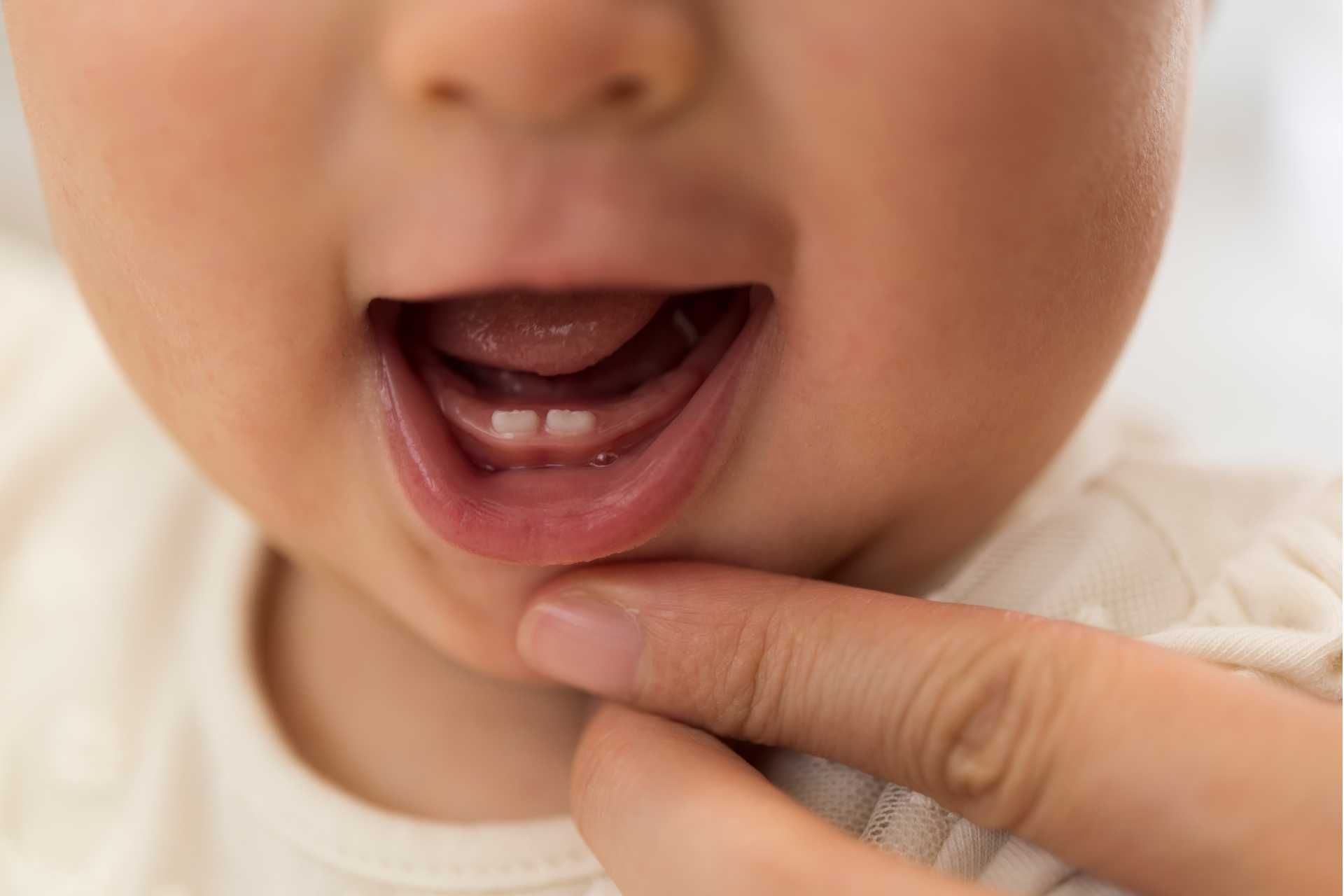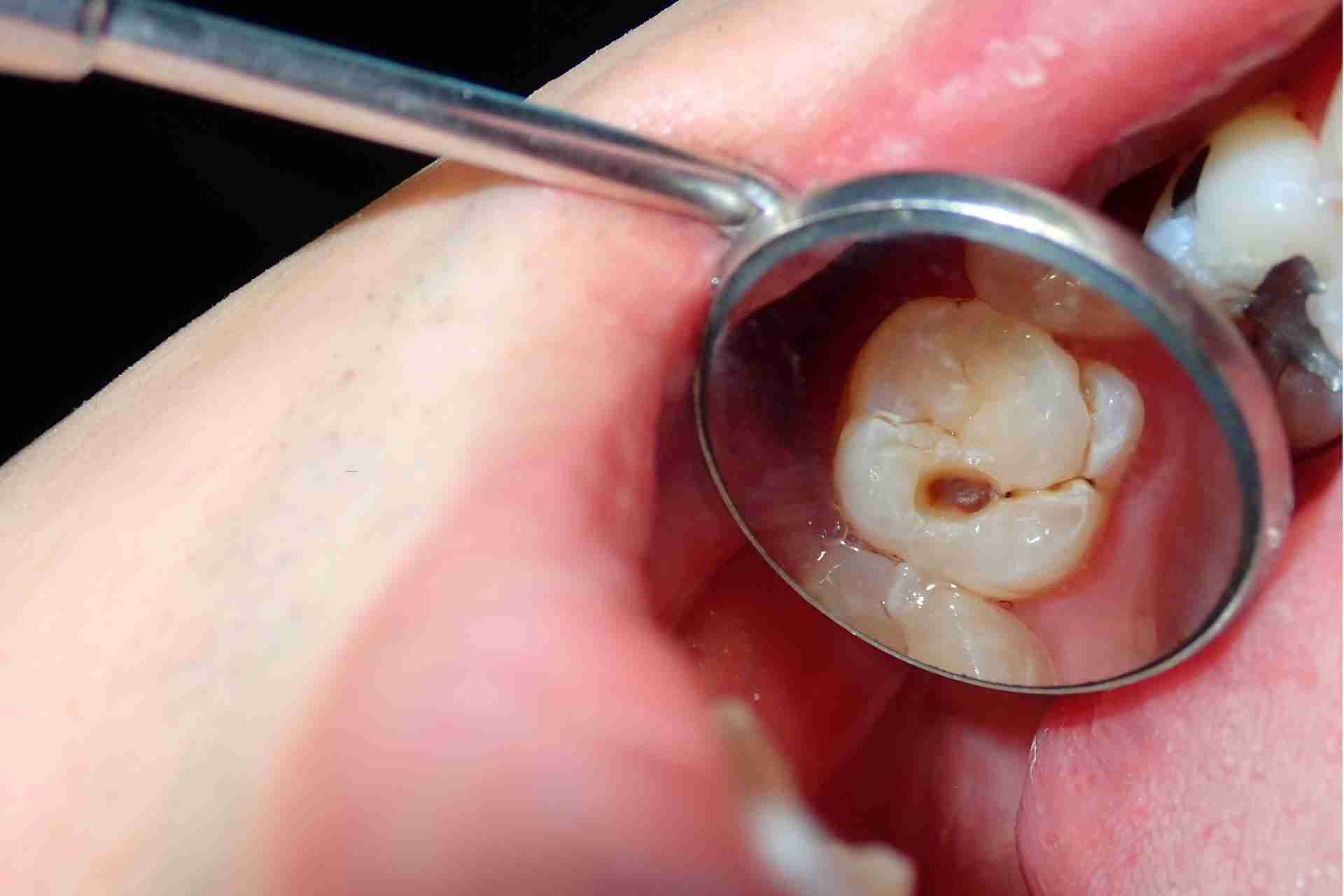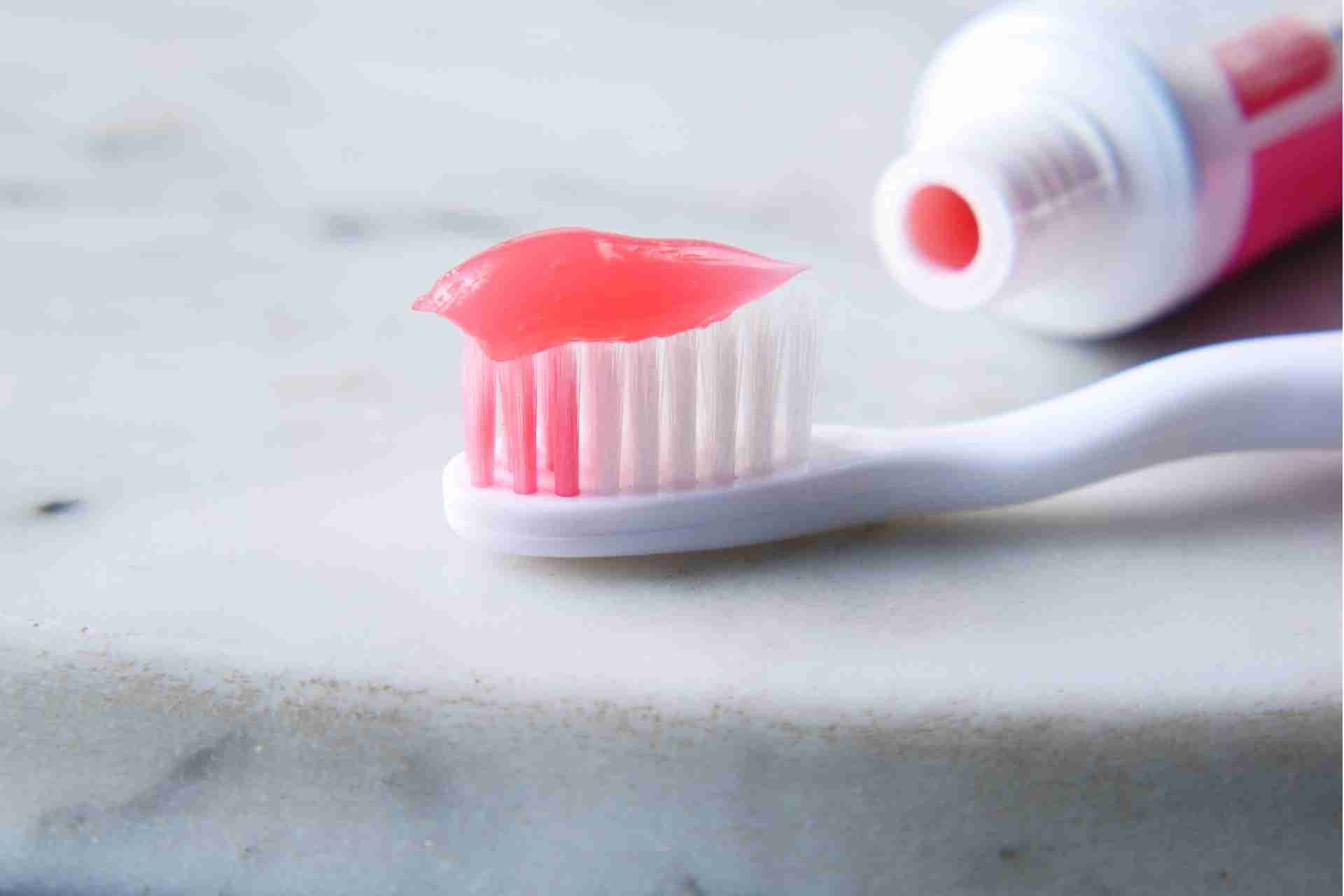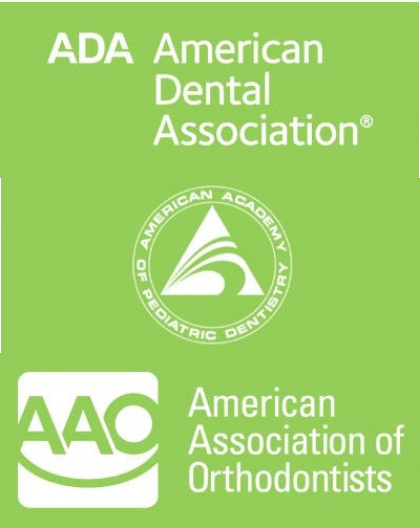Best Baby Teething Pain Relief to be aware of

Teething is a normal process that occurs in infants as their first set of teeth start to emerge through the gums. This typically begins around 6 months of age and can last until the child is about 3 years old. Teething can be a painful and uncomfortable experience for babies, as their gums can become swollen, red, and tender.
To help ease your baby's teething pain, it's important to have a few go-to remedies in your arsenal. From natural remedies to over-the-counter options, there are several ways you can provide relief for your little one during this tough time.
Understand the best baby teething pain relief options available. Whether you're looking for natural remedies or safe over-the-counter products, we've got you covered. So read on to learn more about how you can help your baby feel more comfortable during the teething process.
Signs and symptoms of teething in babies
- Increased drooling: Teething can cause babies to produce more saliva, leading to excessive drooling.
- Irritability: Babies may become more fussy and irritable when they are teething due to the discomfort and pain in their gums.
- Chewing on objects: Babies may try to relieve the discomfort of teething by chewing on toys, fingers, or any other objects they can get their hands on.
- Swollen or tender gums: The gums may appear red and swollen, and may be sensitive to touch.
- Changes in appetite: Some babies may have a decreased appetite or refuse to eat due to the discomfort of teething.
- Disturbed sleep: Teething pain can disrupt a baby's sleep, causing them to wake up more frequently during the night.
- Low-grade fever: Some babies may experience a slight increase in body temperature when they are teething, although this is not a common symptom and is typically mild.
- Ear pulling: Teething pain can sometimes radiate to the ears, leading babies to pull or rub their ears to try to alleviate the discomfort.
- Red cheeks: Some babies may develop red cheeks while teething, although this is not a definitive symptom and can also be caused by other factors.
- Increased sucking or biting: Babies may suck on their fingers or bite down on objects more frequently while teething, as this can help to alleviate the pain and pressure in their gums.
Best Baby Teething Pain Relief
Natural Pain Relief
While the use of over-the-counter medications is common, there are also natural remedies that can help provide relief for your baby's teething pain. Here are some natural options to consider:
Cold teething toys or chilled washcloths
Cold can help reduce inflammation and numb the pain. Give your baby a teething toy that can be refrigerated, or wet a clean washcloth and place it in the refrigerator for a few minutes before giving it to your baby to chew on.
Massage
Gently massaging your baby's gums with a clean finger can help provide some relief from teething pain.
Breastmilk or formula popsicles
Fill a clean ice cube tray with breastmilk or formula and freeze to make breastmilk or formula popsicles. These can soothe sore gums and provide hydration for your baby.
Chamomile tea
Brew a weak chamomile tea, let it cool, and then gently rub it on your baby's gums using a clean finger or a soft cloth. Chamomile has anti-inflammatory properties that can help reduce teething pain.
Clove oil
Diluted clove oil can help numb the gums and provide pain relief. Make sure to dilute the clove oil with a carrier oil like coconut or olive oil before applying it to your baby's gums.
Ginger root
Peel a small piece of fresh ginger root, wash it thoroughly, and then allow your baby to chew on it. Ginger has natural anti-inflammatory properties and can help soothe teething discomfort.
Over-the-counter Pain Relief
There are several over-the-counter pain relief options available for baby teething discomfort. Some common options include:
Infant acetaminophen (such as Tylenol
This is a common pain relief medication that can help reduce teething pain and fever in infants. It is important to carefully follow the dosing instructions provided on the product packaging or by your child's healthcare provider.
Infant ibuprofen (such as Motrin or Advil)
Ibuprofen can also be effective in reducing teething pain and inflammation in infants. Again, it is important to follow the dosing instructions provided on the packaging or by your child's healthcare provider.
Teething gels or ointments
These topical treatments can provide temporary relief for teething pain by numbing the gums. However, it is important to use these products with caution and follow the directions provided, as some may contain ingredients that can be harmful if ingested in large amounts.
Teething toys or rings
Some parents find that giving their baby something safe and textured to chew on can help alleviate teething pain. Look for teething toys that are specifically designed for infants and free of harmful chemicals.
What to avoid when treating your baby's teething
1. Avoid using topical numbing gels or teething tablets that contain benzocaine, as it can be harmful to infants and may cause serious side effects.
2. Avoid using teething necklaces or bracelets, as they pose a choking hazard and can be dangerous for infants.
3. Avoid giving your baby frozen teething toys or rings, as they can cause damage to their delicate gums and teeth.
4. Avoid giving your baby teething biscuits or snacks that are hard and can pose a choking risk.
5. Avoid using amber teething necklaces, as there is no scientific evidence to support their effectiveness and they can pose a strangulation risk.
6. Avoid using homeopathic teething remedies, as they are not regulated by the FDA and may contain harmful ingredients.
7. Avoid excessive use of over-the-counter pain relievers such as ibuprofen or acetaminophen, as they can have negative side effects if used too frequently.
8. Avoid ignoring signs of infection or other serious health concerns while attributing them solely to teething. If your baby has a high fever, excessive drooling, or other concerning symptoms, seek medical attention immediately.
When to Call a Healthcare Professional for your Baby's Teething Pain
It is always recommended to consult a healthcare professional if you are concerned about your baby's teething pain, especially if:
- The pain seems severe and is not relieved by home remedies such as teething rings or cold washcloths.
- Your baby is experiencing excessive drooling, rash, fever, diarrhea, or vomiting along with teething symptoms.
- Your baby is having difficulty eating, sleeping, or is extremely irritable.
- The gums appear red, swollen, or have a discharge.
- You notice any other unusual symptoms or behaviors in your baby.
How a Dentist Can Help Deal with Teething Pain
Dentists are experts in all things related to teeth and oral health, so they can provide valuable information and guidance on how to alleviate teething pain. Here are a few ways a dentist can help during this difficult time:
1. Oral health evaluation: Before assuming that your baby's fussiness is solely due to teething, it's important to have a professional evaluate their oral health. A dentist can examine the gums and teeth to rule out any other underlying issues that may be causing discomfort.
2. Teething tips: Dentists can offer practical advice on how to soothe teething pain. From teething rings and toys to cold washcloths and over-the-counter remedies, a dentist can recommend safe and effective solutions to help ease your baby's discomfort.
3. Oral hygiene guidance: Teething can sometimes lead to changes in
oral hygiene habits, as babies may be more fussy about having their mouths touched. A dentist can provide guidance on how to continue maintaining good oral health during this time, including tips for cleaning new teeth as they come in.
4. Prevention of complications: In some cases, teething can lead to complications such as gum inflammation or infection. A
dentist can help prevent these issues by monitoring your baby's oral health and providing recommendations for preventing and treating any potential problems.
5. Comfort and reassurance: Perhaps most importantly, a dentist can offer comfort and reassurance to parents who may be feeling overwhelmed by their baby's teething pain. Knowing that you have a trusted professional on your side can provide peace of mind during this challenging time.
If your baby is experiencing teething pains, it is important to consult with a dentist or orthodontist who specializes in pediatric dentistry.
Pennington Orthodontics & Pediatric Dentistry offers expertise in dealing with teething pains and
can provide guidance on how to help your baby through this difficult phase.












